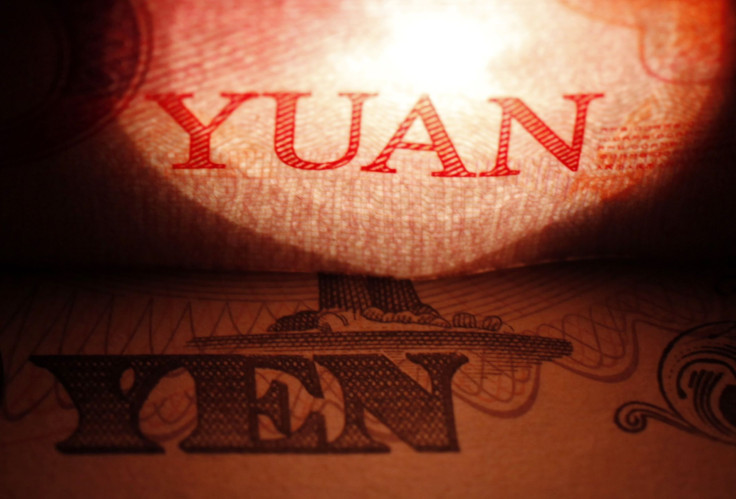Toyota, Nissan, Honda To Halve China Production As Sales Tumble - A Boon For Foreign Rivals

Japan's top three automakers have decided to halve their production levels in China, the Nikkei reported on Monday, in the latest sign that a consumer backlash in China sparked by a territorial dispute between the two countries is hurting Japanese brands while benefiting their foreign rivals.
Toyota Motor Corp. (TYO: 7203) and Honda Motor Co. (TYO: 7267) plan to cut Chinese outputs to about half the normal levels by shortening working hours and slowing down the speed of production lines, the Nikkei reported without citing a source.
Nissan Motor Co. (TYO: 7201) will suspend the night shift and operate its Chinese factories only during the day "for the time being," the daily said.
If the production cut continues for a month, each of the three manufacturers is likely to suffer a reduction of 30,000 units to 40,000 units, according to the Nikkei.
Tumbling Sales
Japanese carmakers appear to be suffering significant sales declines in China since violent protests and calls for boycotts of Japanese products broke out across China in mid-September over disputed islands in the East China Sea, which Japan dubs the Sea of Japan.
Goldman Sachs estimates that sales of Japanese-brand cars in China will be 40 percent lower in the six weeks to the end of October than the same period last year.
Toyota, the world's largest carmaker by sales in the first half of this year, saw its China sales fall by roughly 40 percent in September from a year before to about 50,000 cars, a senior company executive told Reuters last week.
The company had expected to sell a million vehicles in China this year. As the Chinese market accounts for about 10 percent of Toyota's global sales, the recent decline would be a significant blow.
Of the big three, Nissan is the most exposed, with 26 percent of its global car sales in China, followed by Honda with 20 percent.
Mazda Motor Corp. (TYO: 7261), Japan’s No. 5 carmaker, reported Thursday that sales in China fell 35 percent in September to the lowest in 19 months, while Mitsubishi Motors Corp. (TYO: 7211) said a day later that Chinese sales plunged 63 percent from the year-ago period.
Nissan, Honda and Toyota are expected to report September China sales figures this week.
Economic Impact
The standoff between China and Japan over a group of uninhabited islets, known as the Senkaku islands in Japan and the Diaoyu islands in China, has put at risk a trade relationship that's tripled in the past decade to $345 billion and may cause the world’s No. 3 economy to contract this quarter.
The dispute will knock 0.8 percentage point off Japan’s gross domestic product, or GDP, in the October-December period, according to a JPMorgan note, compared with a previous estimate of no growth.
Japan’s economy expanded 0.2 percent in the third quarter and 1.2 percent in the first three months of this year. If the territorial dispute lingers through 2013, with no improvement in trade and tourism, Japan’s GDP growth rate will fall to 0.4 percent next year, from previous estimates of 0.6 percent, according to JPMorgan.
China is Japan’s biggest export market. It accounted for almost 21 percent of Japanese exports in 2011, up from just 10 percent in 2000.
Boon for Korean Rivals
The dramatic drop in demand for cars made by Japanese automakers -- which had a combined share of roughly a fifth of China's passenger car market in August before the protests -- has been an unexpected boon for foreign rivals.
South Korea's Hyundai Motor Co. (KRX: 005380) and its sister company Kia Motors Corp. (KRX: 000270) posted record-high monthly sales last month in China due to the launch of new models and as they benefited from a wave of anti-Japan protests in the world’s largest vehicle market.
Hyundai Motor and its affiliate Kia Motors posted a record combined sales of 127,827 vehicles in China in September, up 9.5 percent from a year earlier.
Toyota's American Deposiary Receipts fell 42 cents to $77.28 in Monday trading.
© Copyright IBTimes 2024. All rights reserved.












